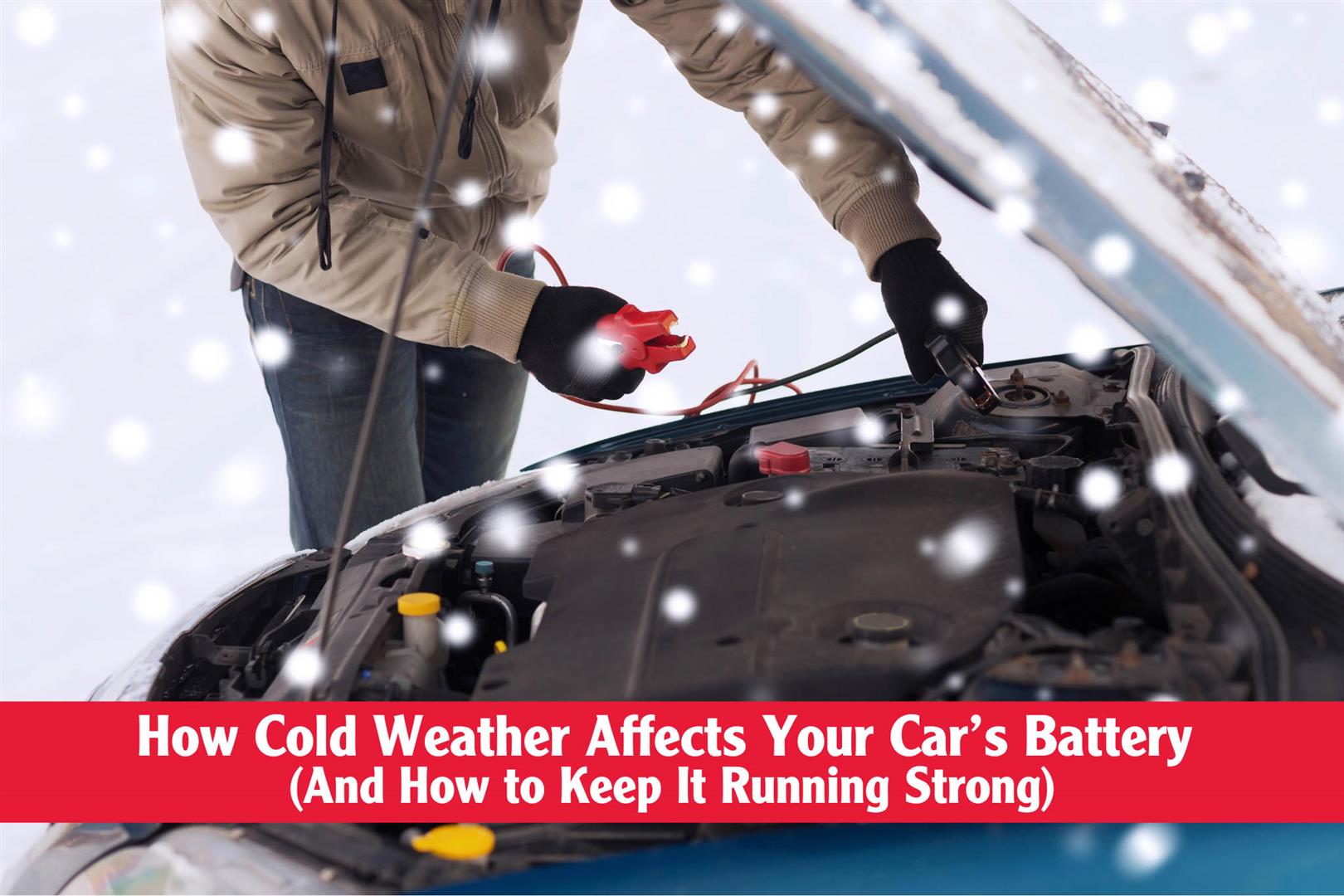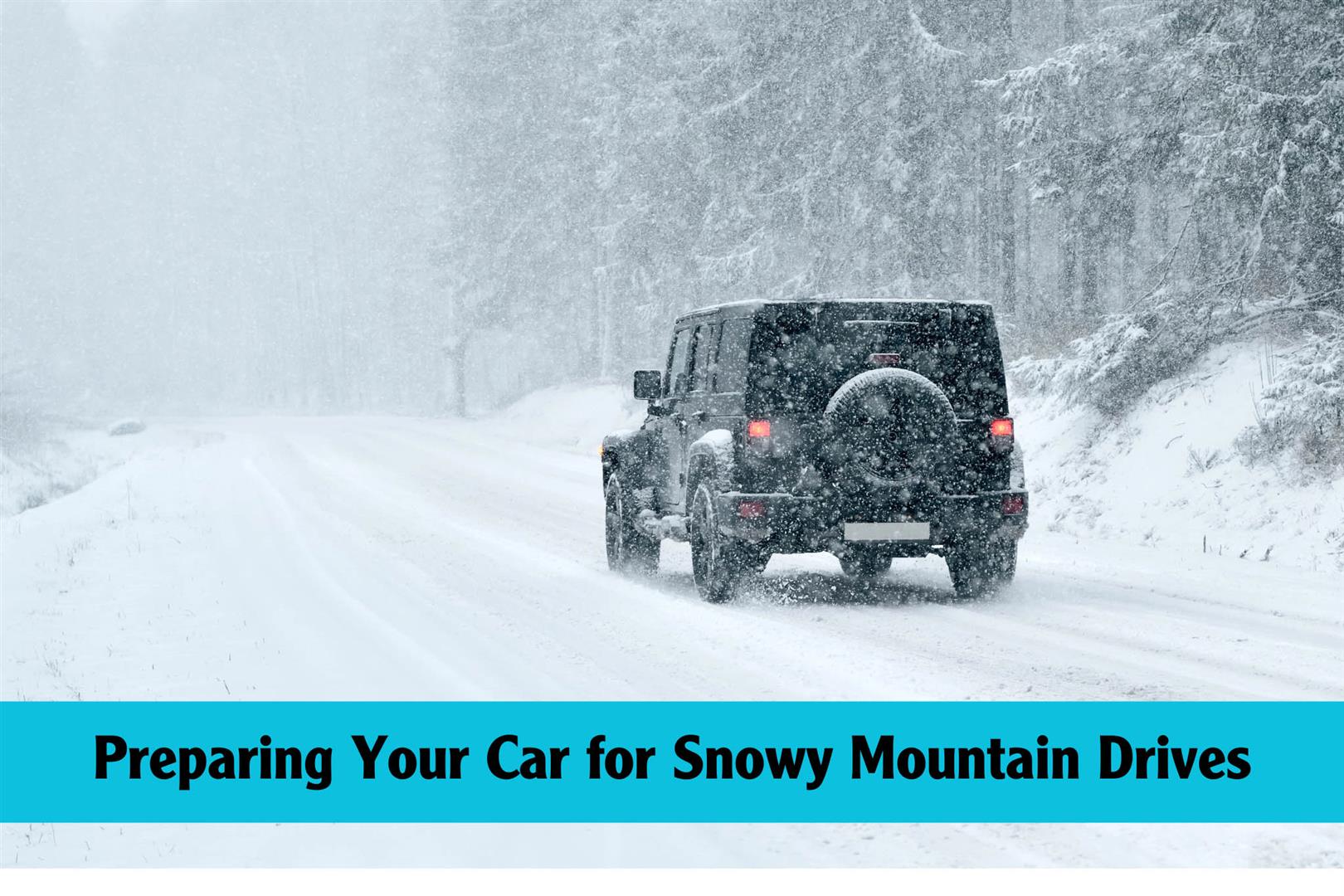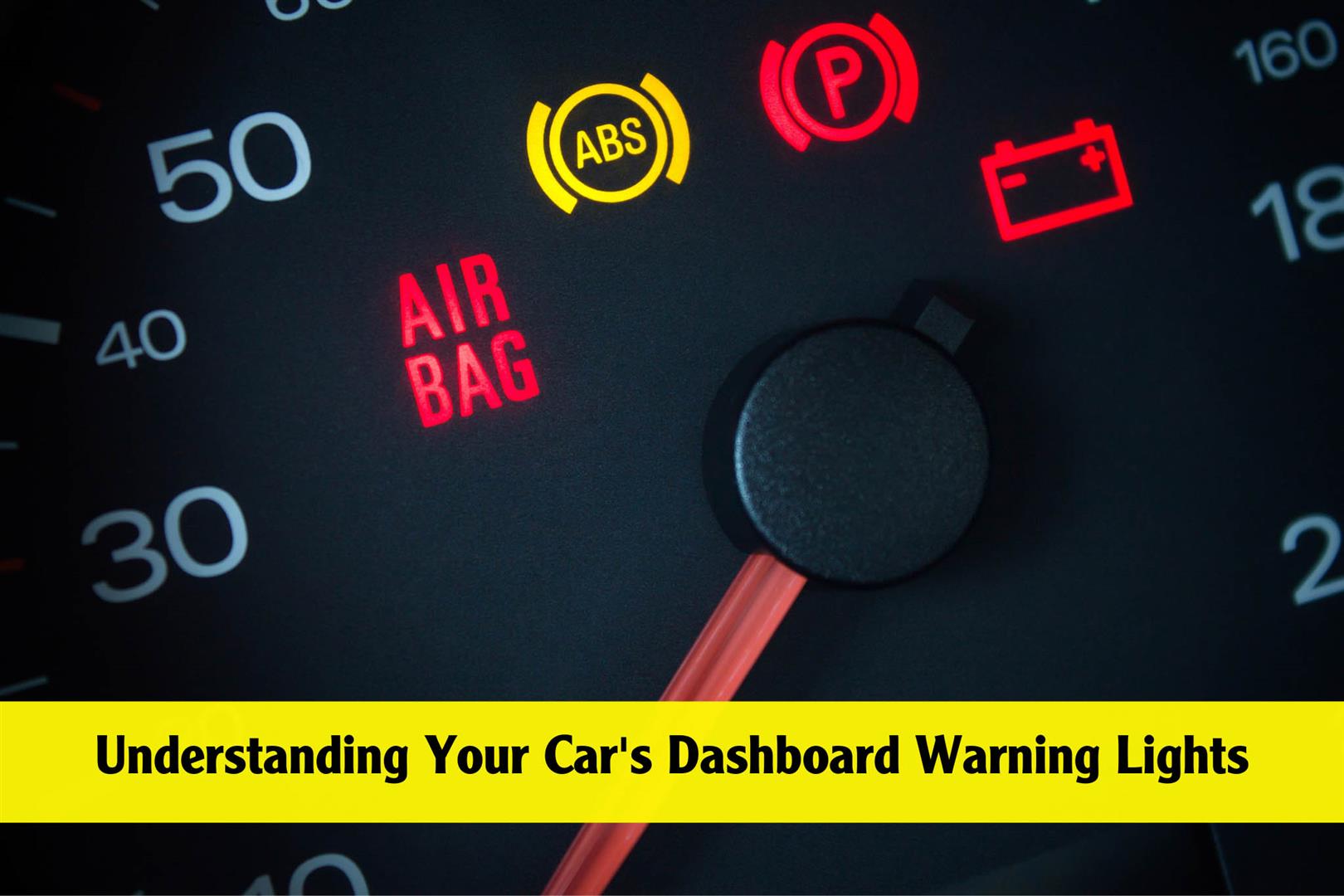Posted on 1/6/2025

Winter in Boulder, Colorado, brings breathtaking snowy landscapes and plenty of opportunities for skiing at Eldora and the resorts on the I70 corridor, but it also delivers frigid temperatures that can wreak havoc on your car’s battery. Understanding how cold weather affects your battery and taking steps to maintain it can save you from the frustration of a vehicle that won’t start on a chilly morning. Why Cold Weather Drains Your Battery Car batteries rely on a chemical reaction to generate electricity. When temperatures drop, these chemical reactions slow down, reducing the battery’s ability to produce power. At 32°F, a battery operates at about 80% of its capacity; at 0°F, that drops to just 60%. Simultaneously, your car’s engine demands more power to start in the cold due to thicker oil and sluggish engine components. This combination puts your battery under serious strain. Signs Your Battery May Be Struggling He ... read more
Posted on 12/3/2024

Planning to hit the slopes at Eldora or one of the many ski resorts along I-70 this winter? Colorado’s mountains are gorgeous in the snow, but they also present unique driving challenges that can take a toll on your vehicle. Before you head into higher altitudes and icy roads, it’s important to prepare your car to handle the demands of winter mountain driving. Here’s what you need to know. 1. Check Your Brakes for Optimal Stopping Power Driving on steep, snowy mountain roads requires top-notch braking power. Cold temperatures can impact your braking system, so it’s wise to have your brakes checked before you venture out. Signs your brakes might need attention include squealing, vibrations, or a “soft” brake pedal. A brake inspection can ensure everything is in peak condition to handle icy roads safely. 2. Winter Tires vs. All-Season Tires If you’re regularly driving to Eldora or the resorts along I ... read more
Posted on 9/30/2024

Fall in Colorado is a beautiful time of year, with vibrant colors, crisp air, and cooler temperatures. But as the season changes, so do the challenges that your vehicle faces. From unpredictable weather to temperature drops, fall can introduce a variety of car problems—especially if you’re heading into the mountains. Here are some common fall car issues and tips on how to prevent them: 1. Tire Pressure Drops As the temperatures in Boulder start to cool down, your tire pressure naturally drops. Cold air causes the air in your tires to contract, which can affect your handling, fuel efficiency, and tire wear. How to Prevent It: Regularly check your tire pressure as the weather cools, especially if you’re planning on driving into higher elevations where temperatures fluctuate more dramatically. Proper tire pressure is critical for staying safe on the wet and potentially slippery fall roads we often see in Colorado. 2. Battery ... read more
Posted on 9/23/2024

Fall in Colorado is a beautiful time of year, with golden leaves, crisp air, and the perfect opportunity to head up to the mountains. But before you hit the road for that scenic drive or mountain adventure, it's important to make sure your vehicle is ready for the changing weather. Here are some steps to prepare your car for a Colorado fall, so you can enjoy the season worry-free. 1. Check and Change Your Oil As the temperatures cool, ensuring your engine is running smoothly is crucial, especially if you're planning trips up into higher elevations. If it’s time for an oil change, consider our Premium PLUS Oil Service or Premium ULTRA Oil Service to give your engine the protection it needs. With BG products like BG MOA and BG EPR, these services help keep your engine clean and running efficiently, even in fluctuating temperatures. 2. Inspect Your Tires Colorado’s f ... read more
Posted on 8/26/2024

Your car’s dashboard lights are its way of communicating with you, especially when something needs attention. While some warning lights might seem alarming, understanding what they mean can help you take the right action before a small issue turns into a big problem. Let’s break down some of the most common dashboard warning lights and what you should do if they come on. Check Engine Light The check engine light is one of the most common and often the most misunderstood warning lights. It can indicate anything from a loose gas cap to a serious engine issue. If this light comes on, don’t panic. Check your gas cap first to make sure it’s tight. If the light stays on or starts flashing, it’s best to have your car checked by a mechanic as soon as possible to avoid potential damage. You can stop by anytime for a FREE Check Engine Light Scan. We’ll run o ... read more